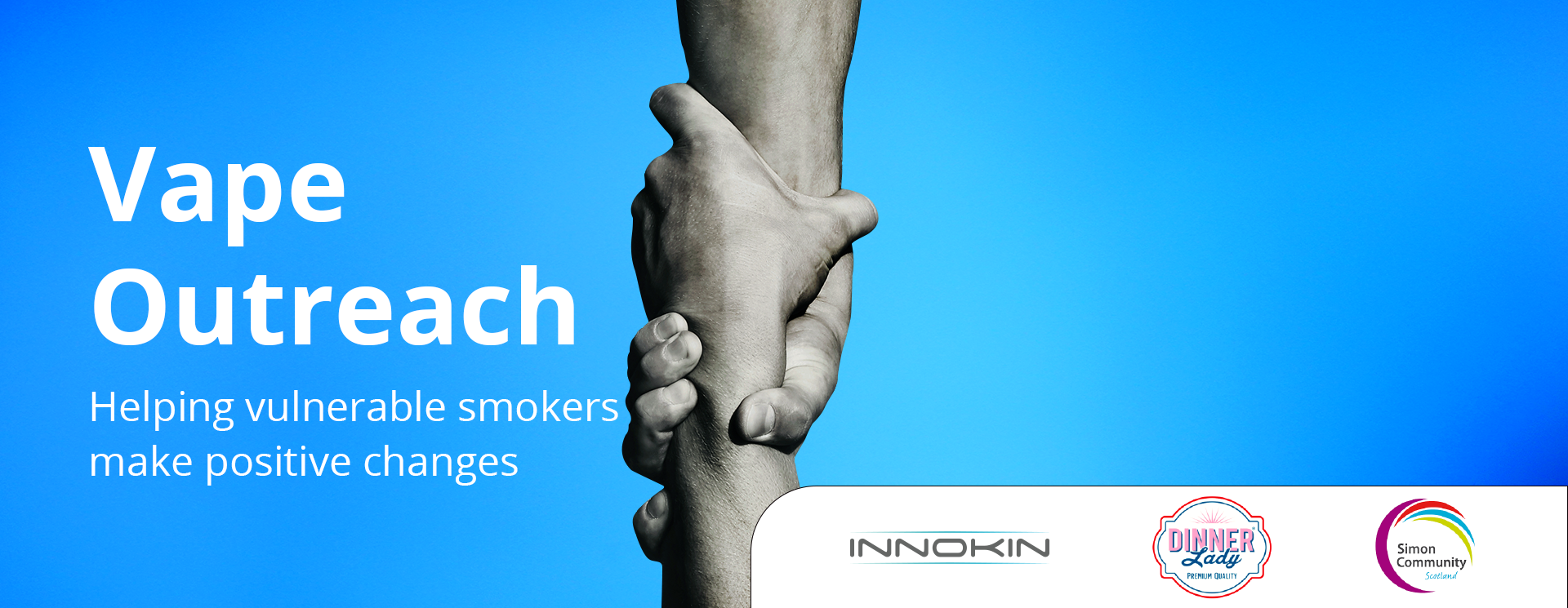
Dr. Whelan and Dr. Ross Ask The FDA To Reconsider E-Cigarettes…
Posted: Tuesday, May 29, 2012
LETTER Publication Date: May 29, 2012
To: Center for Tobacco Products,
Food and Drug AdministrationFrom: The American Council on Science and Health
Elizabeth M. Whelan, President
Gilbert Ross, Executive Director and Medical DirectorRe: Electronic cigarettes
The American Council on Science and Health (ACSH), a consumer education and advocacy nonprofit devoted throughout our 34-year history to the promotion of sound science in public health policy, urges the FDA to reconsider their current, hyper-precautionary position on electronic cigarettes. The truth is, e-cigarettes have the potential to help the 20 percent of Americans who remain addicted to smoking.
The FDA website states that “e-cigarettes may contain ingredients that are known to be toxic to humans, and may contain ingredients that may not be safe.” Our question, however, is: safe compared to what? Those smokers who turn to e-cigarettes are already deeply addicted to smoking tobacco cigarettes. Ideally, e-cigarettes ease the transition from smoking to being tobacco- and nicotine-free. However, even former smokers who substitute e-cigarettes for their tobacco cigarettes make a choice that is far more beneficial to their health than continuing to smoke. While the FDA cautions that e-cigarettes may contain ingredients that are unsafe, we point out that tobacco cigarettes undeniably contain ingredients that are not safe. For someone who is strongly addicted to nicotine, that difference is crucial.
We at ACSH are in favor of truthfully communicating with smokers about the benefits of a harm reduction approach and promoting this as a new paradigm to deal with the unacceptable toll of smoking. The methodologies comprising tobacco harm reduction (THR) have significant potential benefits in terms of reducing the serious toll of cigarette smoking; these methodologies supply addicted smokers with the substance they crave — nicotine — but at a much reduced cost in terms of adverse health effects. While we are in full agreement that no form of tobacco use is entirely “safe” (i.e., without an increased risk of adverse health effects), and that therefore all tobacco use should be discouraged, it is still necessary to acknowledge that there are 46 million addicted adult smokers in our nation. The problem remains that, while almost three-quarters wish to quit, and almost one-half do indeed attempt to quit each year, well under ten percent succeed. One reason for this abysmal “success” rate is that the methods approved by the FDA (including the nicotine patch, gum, inhalers, and pharmaceuticals such as Zyban and Chantix) and promoted by the official public health authorities and the large nonprofits, are simply not helpful to the majority of those who try them.
E-cigarettes do help people quit. The increasing evidence from anecdotal reports and clinical studies shows that addicted smokers are significantly more likely to quit cigarettes when they are aided by e-cigarettes as opposed to those cessation products approved by the FDA[1]. Furthermore, the FDA’s warning that the chemicals in e-cigarette vapor may be “unsafe” or “toxic” is not backed by evidence that trace amounts actually cause any harm; in fact, similar traces of these same “carcinogens” have been detected in other FDA-approved cessation products such as nicotine patches and gum. The difference seems to be that e-cigarettes actually succeed in getting people to quit smoking.
A product that can end a smoker’s exposure to the carcinogenic products in tobacco smoke is not one that can be dismissed lightly. It should not be rejected based upon ideology or unscientific extrapolation and insinuation. This is why, instead of warning the public about unlikely risks associated with e-cigarettes, the FDA should also consider their benefits: taking steps that encourage further study and better regulation of these products will be more advantageous to everyone involved. At the very least, the FDA’s position should be expectant, neutral, rather than dismissive.
We at ACSH firmly believe that the more comprehensive the investigation, the more likely it is that reasonable people will come to understand that the official policies of adhering to a current attitude of “quit or die” does little to affect the continued toll of over 400,000 smoking-related deaths each year. This is no longer an acceptable position from a public health perspective, which is why we ask you to reconsider your negative stance toward e-cigarettes.
Thank you for your consideration.
Elizabeth M. Whelan, Sc.D., M.P.H.
President, The American Council on Science and HealthGilbert Ross, M.D.
Medical Director, Executive Director, The American Council on Science and Health
Source: http://www.acsh.org/news/newsID.1995/news_detail.asp









That’s great! Thanks Dr.s!